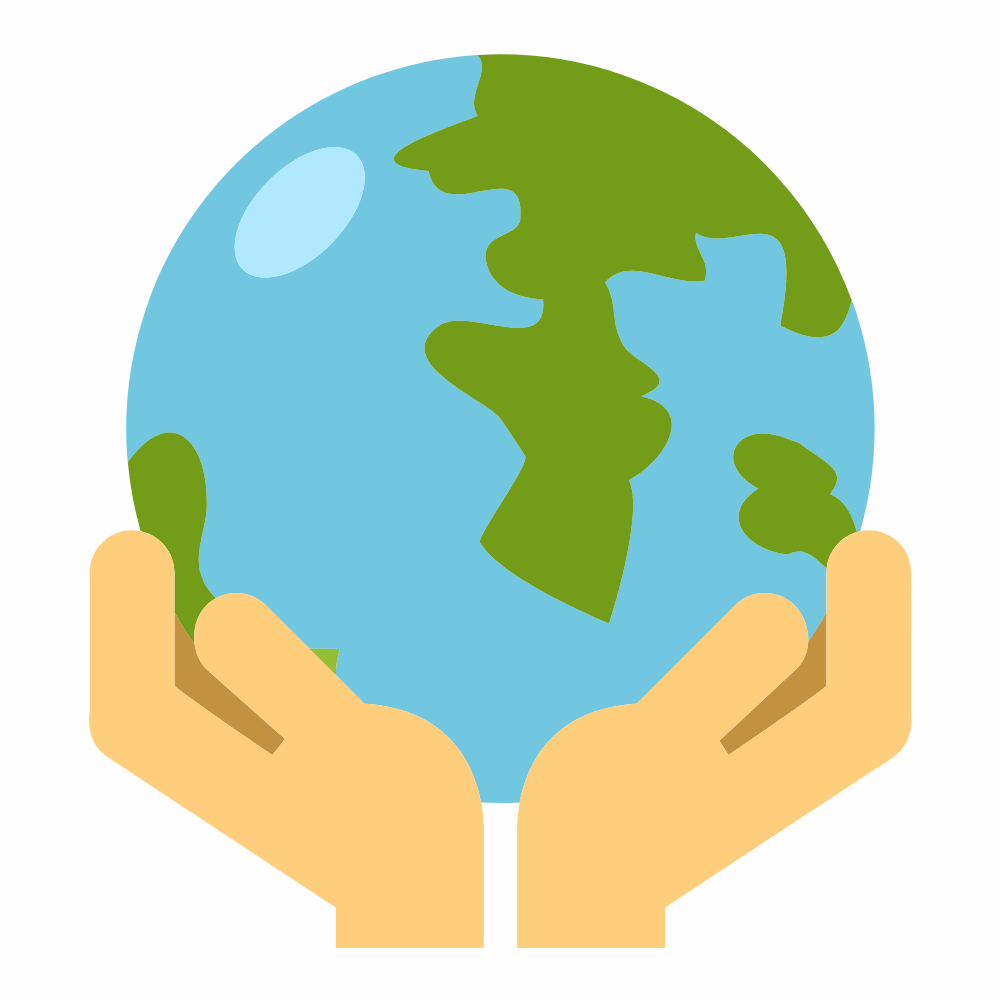According to the literature review, researchers have concluded that there are several key findings for the Sustainable Development Literacy. There are 17 sustainable development goals described in the UNESCO documents
[1]
and it is difficult to approach them all in one teaching course. Some of the goals can be in contradiction with each other, for example, economic growth and environmental protection can be opposites. We need to balance between different cultural
approaches, philosophical and ethical aspects, and previous knowledge and beliefs of our students. It is obvious that there is a variety of different concepts and approaches to the sustainable development literacy and how to obtain it. To teach the
SDL
[2]
we need to have a multi-level concept of learning, transdisciplinary and mutual learning, learning based on systemic considerations, and multifaceted learning. The approach to this literacy needs to be holistic, interdisciplinary, transdisciplinary, and
transformative. Students need to envision change and use critical thinking in solving problems. In the teaching/learning process, both sides need to transform themselves. The best way of understanding the SDL is to use the Problem-Oriented Project
Based Learning program and to include the SDL courses in the lifelong learning curricula. Once we establish interconnections
[3]
between the environmental, economic, and social spheres of life, the easier it will be for the students to solve the problems they will encounter in their future.
To teach the SDL we need educational content which can be applied to different problems and various aspects of the same problem. The first goal is to develop students’ critical thinking, understanding of complex systems, imagining future scenarios, as
well as making decisions in a participatory and collaborative way. As the educational content, we can use a variety of books, articles, documentaries, video and audio contents, blogs, vlogs, radio, and TV shows, etc. The methods that we use
can be from tests to interviews, role-playing, quizzes, writing essays, open discussions, etc.

